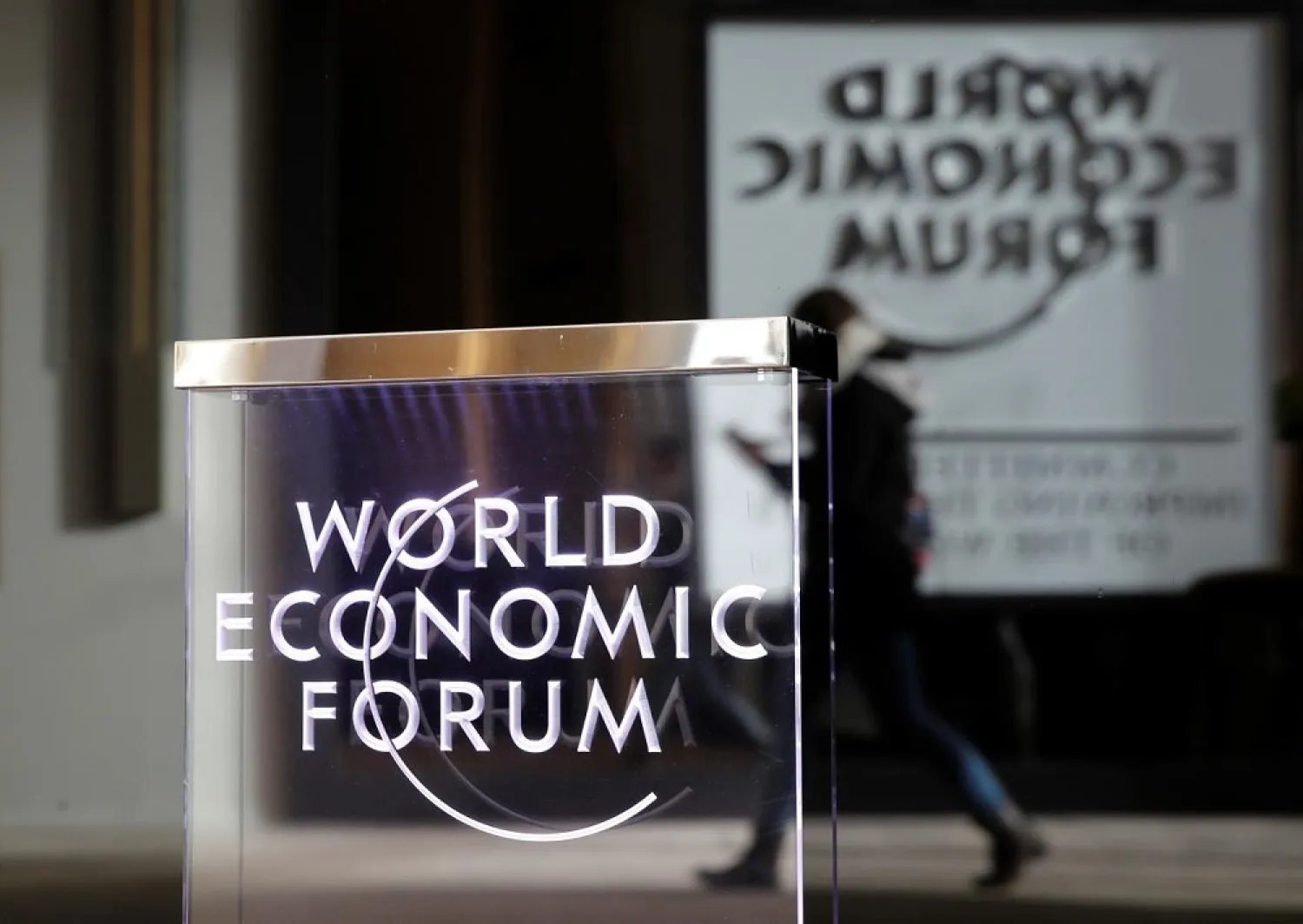Saudi Arabia and the World Economic Forum (WEF) in Davos, Switzerland, signed a Memorandum of Understanding (MoU) to develop a framework for cooperation in various aspects, such as the establishment of the WEF Center for the Fourth Industrial Revolution in the Kingdom and other areas of global importance.
The agreement was jointly signed by the Saudi Minister of Foreign Affairs and head of the Kingdom’s delegation to the Davos meetings, Dr. Ibrahim al-Assaf, and Professor Klaus Schwab, chairman of the Board of Directors of WEF.
The MoU will consolidate the partnership between the Kingdom and the WEF by supporting the ongoing transformation of Saudi Arabia through the various programs and initiatives of the Forum.
It focuses on cooperation in public-private partnerships as well as key initiatives, including the future of energy, health, health care, financial and monetary systems, and other areas. It also provides for collaboration over the Fourth Industrial Revolution Center being managed by WEF, including the establishment of the center in the Kingdom.
Assaf, who is also member of the Board of Directors of Saudi Center for International Strategic Partnerships, said on the occasion that the Fourth Industrial Revolution “will make changes in the way people live, and as such, the Kingdom will benefit from its many advantages and resources so as to ensure its global competitiveness through important partnerships.”
He added that the Kingdom would be in a privileged position to benefit of the opportunities in the heart of the Fourth Industrial Revolution.









